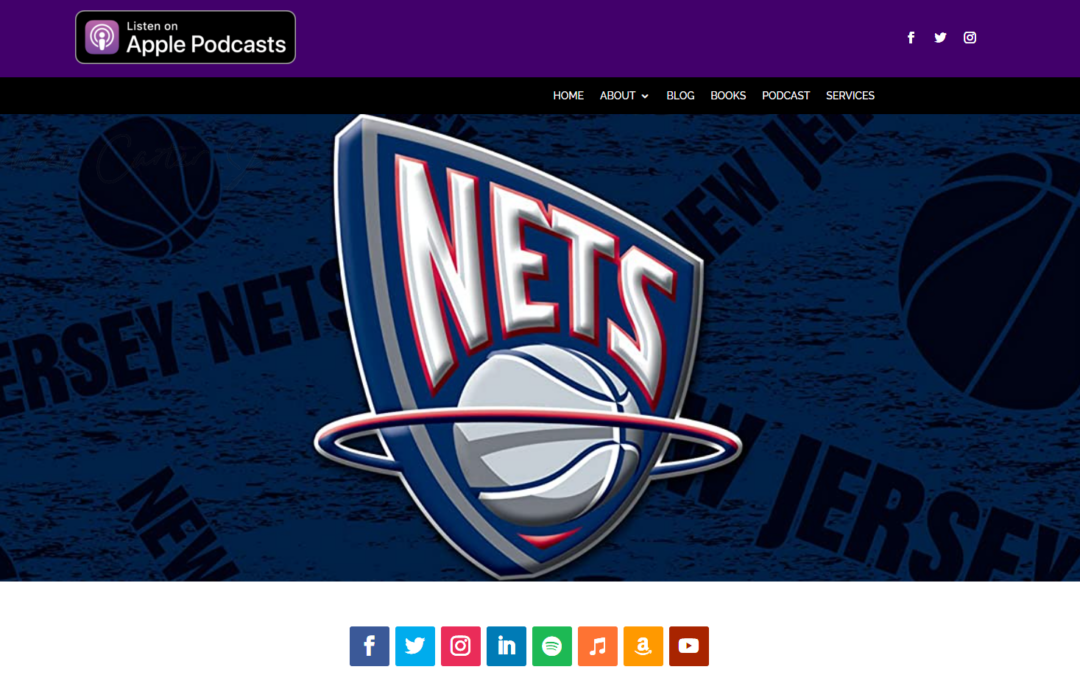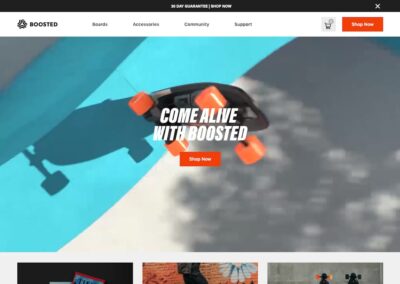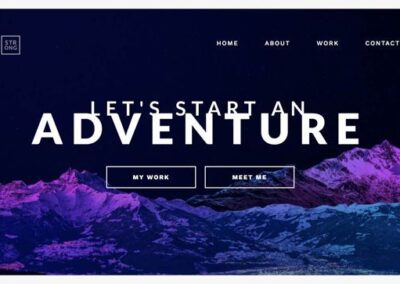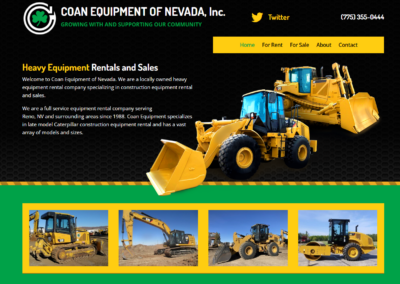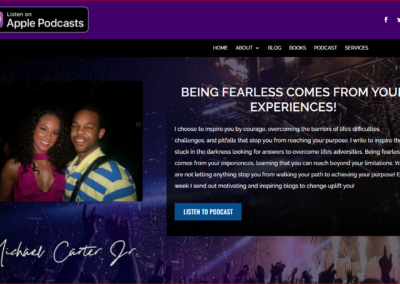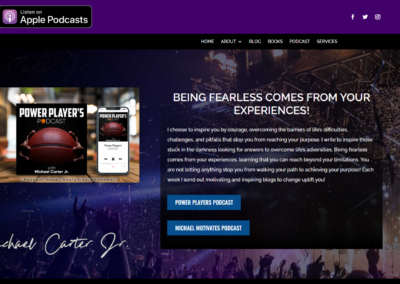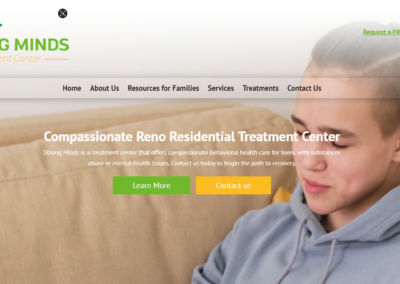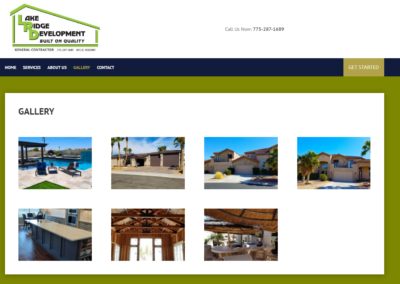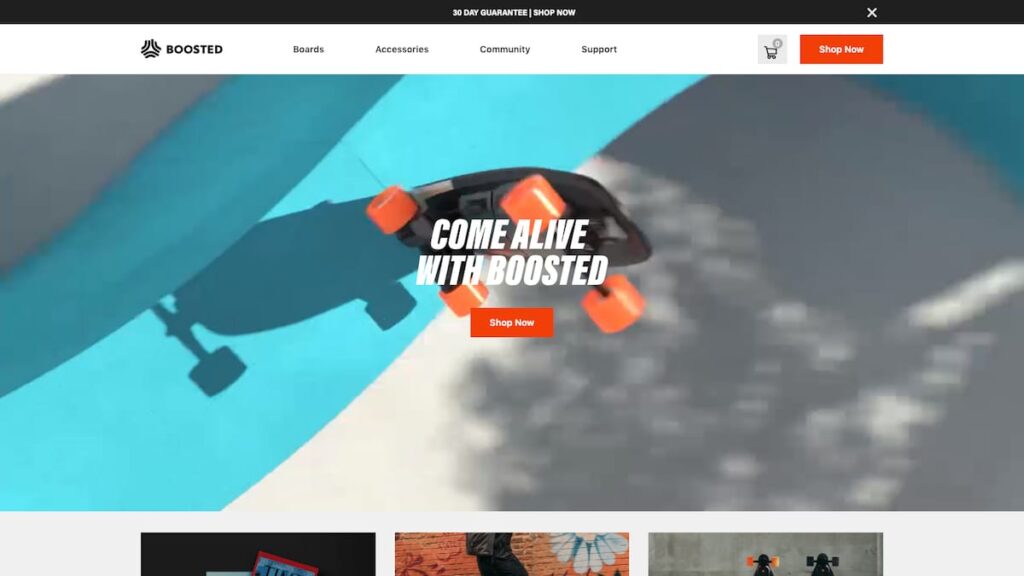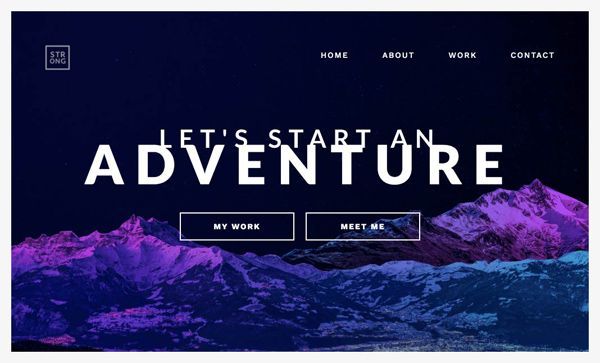
Dec 15, 2023 | web design reno
5 Compelling Reasons Why Small Business Owners Should Choose Local Web Designers
In today’s digital age, having a strong online presence is crucial for small businesses. While there are numerous options for web design services, partnering with a local web designer can offer unique advantages. In this post, we explore the top five reasons why small business owners should consider working with a local web designer.
1. Personalized Attention and Understanding
Local Insight: Local web designers have a better understanding of the area’s market trends and customer preferences. This insight is invaluable in creating a website that resonates with your target audience.
Personal Touch: Working closely with a local designer ensures a more personalized service. They are more accessible for meetings and can provide tailored solutions that align with your business needs.
2. Improved Communication and Collaboration
Face-to-Face Interactions: Regular in-person meetings can lead to more effective communication, ensuring your vision is perfectly translated into the web design.
Time Zone Alignment: Sharing the same time zone simplifies scheduling and speeds up the feedback process, leading to a more efficient workflow.
3. Enhanced Local SEO and Marketing
Local SEO Expertise: Local designers often have specific expertise in optimizing websites for local search engine rankings, which is crucial for attracting nearby customers.
Network Benefits: They can also leverage their local connections and knowledge to boost your marketing efforts, providing insights on local advertising opportunities and partnerships.
4. Long-Term Support and Accessibility
Ongoing Assistance: A local web designer is more likely to provide ongoing support and maintenance. Their physical proximity allows for quick responses to any issues or updates your site may need.
Building Relationships: Establishing a long-term relationship with a local designer can lead to better understanding and consistency in your digital marketing efforts over time.
5. Contributing to the Local Economy
Supporting Local Business: By hiring a local web designer, you contribute to your community’s economy and foster local business growth.
Community Connection: This can also enhance your business’s reputation in the community, showing that you value local partnerships and support.
Conclusion:
Choosing a local web designer offers small business owners a unique blend of personalized service, effective communication, local SEO benefits, long-term support, and community contribution. In a world where digital presence is key, partnering with a local expert can make all the difference in achieving online success.
Call to Action:
If you’re a small business owner looking to enhance your online presence, consider reaching out to a local web designer today. Their expertise and local knowledge might just be what your business needs to stand out online.
—
Remember to include relevant keywords throughout the post, such as “local web designer,” “small business,” “web design,” and “local SEO,” to improve its SEO performance. Also, consider adding internal and external links to related topics and reputable sources for further reading.

Oct 13, 2023 | web design reno
Selecting the right web designer is crucial for any company looking to establish or improve their online presence. Your website is often the first impression potential customers will have of your business, so you want it to accurately reflect your brand and draw people in. Here are some tips for choosing the best web designer for your needs:
– Look at their portfolio and client list. A web designer’s past work and list of clients can tell you a lot about their skills and experience. Look for designers who have created sites similar to what you want and have worked with businesses in your industry.
– Consider their technical expertise. Find a designer knowledgeable in HTML, CSS, JavaScript, and other web languages. They should understand responsive design for mobile devices and be up to date on web design best practices. Opt for a designer well-versed in SEO if improving search visibility is a goal.
– Evaluate communication skills. From the initial consultation to the launch, you’ll be collaborating closely with your web designer. Make sure you choose someone who listens to your goals, keeps you updated on progress, explains concepts clearly, and is easy to work with.
– Look for comprehensive services. Many web designers only do site design and development. Choose a designer who can also assist with domain setup, email, web hosting selection, and post-launch maintenance.
– Compare pricing. Rates can vary widely, so get quotes from a few top choices. Make sure you understand exactly what’s included so you can accurately compare.
– Check reviews and references. Ask designers for client referrals and look online for company reviews. This can give you a good idea of their work style, strengths, and weaknesses.
Taking the time to thoroughly evaluate web designers can seem tedious, but it helps you find the right expert for your project. With a meticulously crafted website that represents your brand, you’ll be off to a strong start online.
Small Business Digital Alliance Partner

Feb 16, 2023 | web design reno
Web Design Checklist – Things You Need to Get Done Before Launching a New Website
If you’re launching a new website, there are some essential tasks that must be completed before going live. This checklist helps ensure these items are taken care of in an organized and efficient way.
No matter if you’re launching your website yourself or hiring a web design firm, this checklist can help you avoid common errors and guarantee success!
- Create a Wireframe or Mockup
Before you launch a new web design, it’s essential to create either a wireframe or mockup. These tools allow you to visualize the layout and functionality of your site, as well as identify any potential issues that might occur down the line.
Wireframes are invaluable at all stages of a design project, from brainstorming and ideation to testing and iterations. They can assist in planning the user journey and guarantee your website is straightforward to navigate and intuitive for visitors.
A wireframe is intended to visually represent the structure and flow of your product without distracting details like colors or copy. It also gives users and stakeholders an opportunity to provide feedback before the product is too far along.
Wireframes are usually created using digital wireframing tools and offer a great visual of your design before it gets too complex for review. This saves your team time and effort, while creating a wireframe can help prevent errors in judgment or design – leading to an easier, faster process overall.
- Identify Your Goals
Prior to embarking on a new web design project, it is essential to clearly define your objectives. Knowing these will allow you to make informed decisions for your website’s future success and ensure it achieves success quickly.
Many businesses strive to boost their sales. This could be done by increasing online sales or generating more leads for the business.
Another goal is to boost customer satisfaction through exceptional user experiences and tailored content according to your visitors’ needs. For instance, a medical website could provide an in-depth overview of its processes, refund policy, brand values and contact info in order to keep patients contented and satisfied.
Prior to any redesign, identify your goals so you can save time and money by focusing on what matters most for your business. Doing this will guarantee that the new design helps you reach those objectives.
- Do an Analysis of Your Competitors
No matter if you are just starting out or have been around the block a few times, it is essential to analyze your competitors before launching your new website. Doing this will allow you to identify their strengths and weaknesses as well as where you can make an impact in the market for greater advantage.
To do this, create a competitor matrix where you list data points or categories of information about each competitor. Doing this will enable you to compare your findings across competitors and identify larger patterns.
Once you’ve identified your top competitors, conduct an in-depth investigation of their websites and customer experiences. Utilize both quantitative (benchmarks, user testing data, performance metrics) as well as qualitative methods (surveys, focus group interviews, etc.) to assess each company’s UX/CX.
Also, take a look at their social media presence to determine how well they utilize their profiles and which posts garner clicks. This data is invaluable for your ecommerce website design strategy as it will give you insight into what to include on your own profile and how often to post.
- Explore Web Design Trends
Web design is constantly advancing, so it’s essential to stay abreast of trends before launching a new website. Doing this will help ensure your website remains current and attract new visitors.
Trends refer to any style, technique or form that becomes widely popular among a substantial number of people. They should be distinguished from fads, which tend to be short lived and driven by emotional excitement.
One of the top 2022 web design trends is a minimalistic approach, featuring flat designs, straightforward shapes, and fewer distractions. This modern approach works great for businesses that desire a clean, uncluttered website.
Another popular website trend for 2023 is the use of organic shapes. This style draws inspiration from natural elements like hills and the edges of lakes or rivers, which often take on organic forms.
Organic shapes can be utilized for various purposes, such as displaying a product’s shape or size or showing how it fits on real people. For instance, yoga clothing stores utilize micro animations to give customers an interactive vision of how their clothes fit and move on their bodies.
- Create a Content Strategy
A content strategy is an outline of the type of material you wish to create and publish on your website. It focuses on providing value to readers while aiding them in reaching their objectives.
Your content strategy should also be linked to your overall business and marketing objectives. For instance, if you wish to increase sales by providing useful information about your products or services, make sure the strategy is aligned with those targets in order to effectively drive conversions.
To understand your target audience’s problems and provide solutions, utilize data from surveys, interviews, and digital research. Discover what people are searching for and how they engage with your content.
Your content strategy should encompass a range of types and platforms. This helps guarantee you’re reaching your audience in their preferred medium – be it text, video, images or other types of media.
- Create a Content Calendar
A content calendar helps you consistently create and publish quality content for your audience. It also provides insight into what resonates with them most.
To start creating a content calendar, decide what kind of material you will create. This could include blog posts, social media updates, email newsletters or surveys.
Your next step should be deciding when you will publish content on your website or other channels. This decision should be based on both your overall marketing strategy and which platforms you prefer using.
No matter if you plan to post on one channel or multiple ones, creating a content calendar can help organize your time and resources. Additionally, it prevents posting too much or too little content in the wrong places.
Create a content calendar using any tool that meets your needs. You can use either spreadsheets or software programs, but for optimal ease of collaboration among team members, opt for cloud-based software. With this setup, everyone on your team has access to the content calendar from anywhere and can work together more efficiently.
- Test Your Site
Testing your site before launch is critical for increasing confidence that visitors won’t be disappointed by what visitors see, as well as giving you time to make any necessary modifications before going live.
Start by testing your site on desktop and mobile using various browsers to confirm everything is displaying correctly. Doing this helps you save time fixing errors after launch, plus it could potentially boost SEO rankings as well.
Next, you should evaluate your site’s loading speed. Page load speed is an important ranking factor in Google searches and it also affects consumer satisfaction levels.
Finally, ensure all your forms work correctly and store user data securely. This includes lead generation forms, email newsletter forms, and any other forms that collect information from visitors.
A successful website should provide visitors with useful information and add value. It should also be able to convert visitors into customers or prospects through relevant content and an organized layout.
- Optimize Your Site
When designing a new website or refining an existing one, optimization is essential before launch. Doing this will guarantee it is functional, user-friendly and ready to meet your business objectives.
Optimizing your site requires consideration of several areas, such as content, usability, mobile-friendliness, semantics, social media management, analytics and SEO (search engine optimization). All these components must be taken into account before your web design can go live; so make sure to dedicate enough time for each one.
Page speed is an important ranking factor in Google searches, so it’s essential to ensure your site loads quickly. Utilizing an online tool like BrowserStack will enable you to test the performance of your site.
Internal links are another essential element of your website that must be optimized. These links help search engines comprehend the structure of your site and make navigation simpler for users. Furthermore, internal links improve SEO strategies by increasing the chances of displaying relevant content on search engine result pages.






